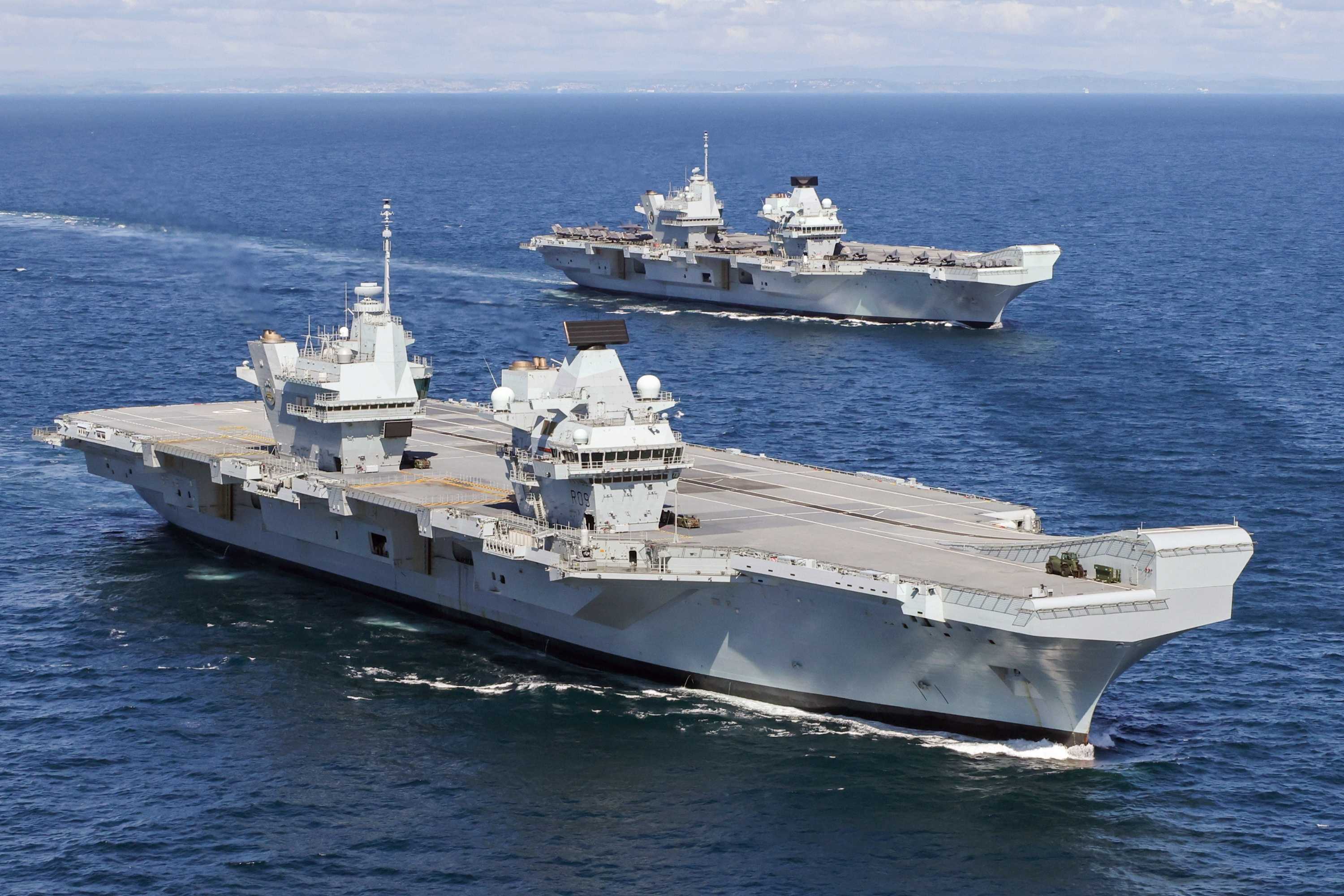Reventec unveils DroneCAN protocol at DSEI

Image courtesy ADS
At DSEI UK 2025, Reventec Limited has unveiled a DroneCAN protocol option to their capacitive liquid level sensor line up, allowing a next generation of UAV’s to take advantage of superior fuel level monitoring.
DroneCAN protocol is the primary CAN communication protocol used by the most common UAV flight control software, ArduPilot and PX4. As an increasingly common requirement in non-military commercial drone systems, Reventec is the first capacitive liquid level sensor manufacturer to offer DroneCAN on new orders ensuring that our customers are always armed with the latest technology advancements to keep them ahead in a busy UAV marketplace and we deliver features that provides vital benefits to their systems.
Developed over the last six months, the highly anticipated feature enables Reventec sensors to seamlessly integrate directly into the flight controller system. When connected, the ECU assigns components with unique IDs for direct communication between different components in the system. The ECU knows the device is a ‘fuel level sensor’ compared to a regular CAN connection which would previously require the device to be programmed and the output individually attributed. With serious plug and play installation, Reventec capacitive liquid level sensors connect simply to industry standard UAV software allowing for simple integration.
Reventec’s capacitive fuel level sensors have already been adopted extensively into a wide variety of uncrewed aerial platforms with internal combustion engines. Chosen for the devices lightweight properties, robust construction and superior accuracies of +/-0.5% of reading, capacitive liquid level sensors are an ideal instrument for real-time measurement of in-flight fuel efficiency to extend flight duration and coolant level analysis.
Jack Birmingham, Senior Engineer at Reventec, said: “Reventec’s DroneCAN output format has been highly sought after by our customers and we are pleased to have met this request with a robust, high accuracy sensor. We are excited to continue seeing DroneCAN perform in the field with great success and look forward to developing more features for our customers.”











